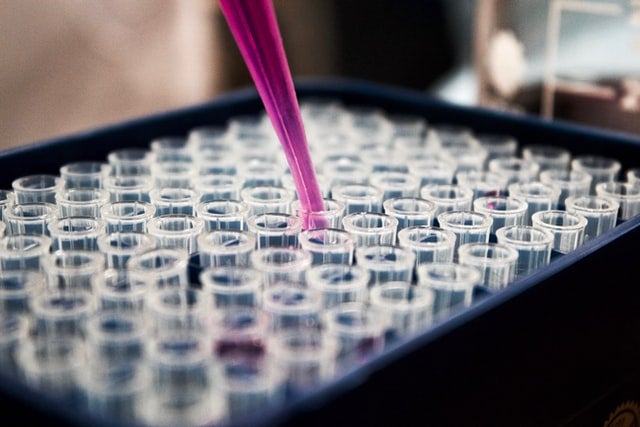
US-based medical technology company Becton, Dickinson and Co. (BD) and rapid in-vitro diagnostics company Accelerate Diagnostics, have entered a commercial collaboration.
Under the collaboration, BD will provide Accelerate’s rapid testing solutions for antibiotic resistance and susceptibility.
The tests are said to provide results within hours, while traditional laboratory methods take one to two days for results.
BD will market the Accelerate Pheno system and Accelerate Arc module and related test kits through its global network, where the products have been approved for use.
Accelerate’s existing solutions will complement its clinical microbiology portfolio and advance the shared goal of both companies to address antimicrobial resistance, said BD.
BD integrated diagnostic solutions president Brooke Story said: “When a patient is very sick, every minute matters. Rapid testing can quickly determine if an antibiotic should be used for treatment, and if so, which one.
“Through our collaboration with Accelerate Diagnostics, we can help clinicians more quickly, efficiently and effectively treat patients, which may lead to a reduction in health care costs and help slow the spread of antimicrobial resistance.”
The Accelerate PhenoTest BC kit has been approved by the US Food and Drug Administration (FDA) to deliver both rapid identification and phenotypic antibiotic susceptibility results directly from positive blood cultures, within hours.
According to recent studies, the Accelerate’s solution offers test results one to two days faster than traditional laboratory methods.
The traditional methods involve culturing of samples for 18 to 24 hours, and the susceptibility test may take eight to 24 hours to deliver result.
Its Accelerate Arc module eliminates the need of a subculture for MALDI ID, along with the hands-on time by automating the direct MALDI ID workflow.
Accelerate Diagnostics president and CEO Jack Phillips said: “With BD’s large installed customer base of clinical microbiology systems, this collaboration exponentially increases our global commercial reach and provides numerous ways to increase our market penetration with Pheno and Arc to reach more clinicians and patients.
“Beyond the immediate clinical and commercial benefits, we are excited about the opportunity to collaborate with BD as a long-term leader in clinical microbiology.”
Last week, the US FDA has labelled BD’s recall of Intraosseous Needle Set Kits, the devices used to access blood vessels through a patient’s bone, a Class I.
The US agency categorised the recall as a Class I, based on the faults in the devices that may potentially delay the delivery of care to critically ill patients.






